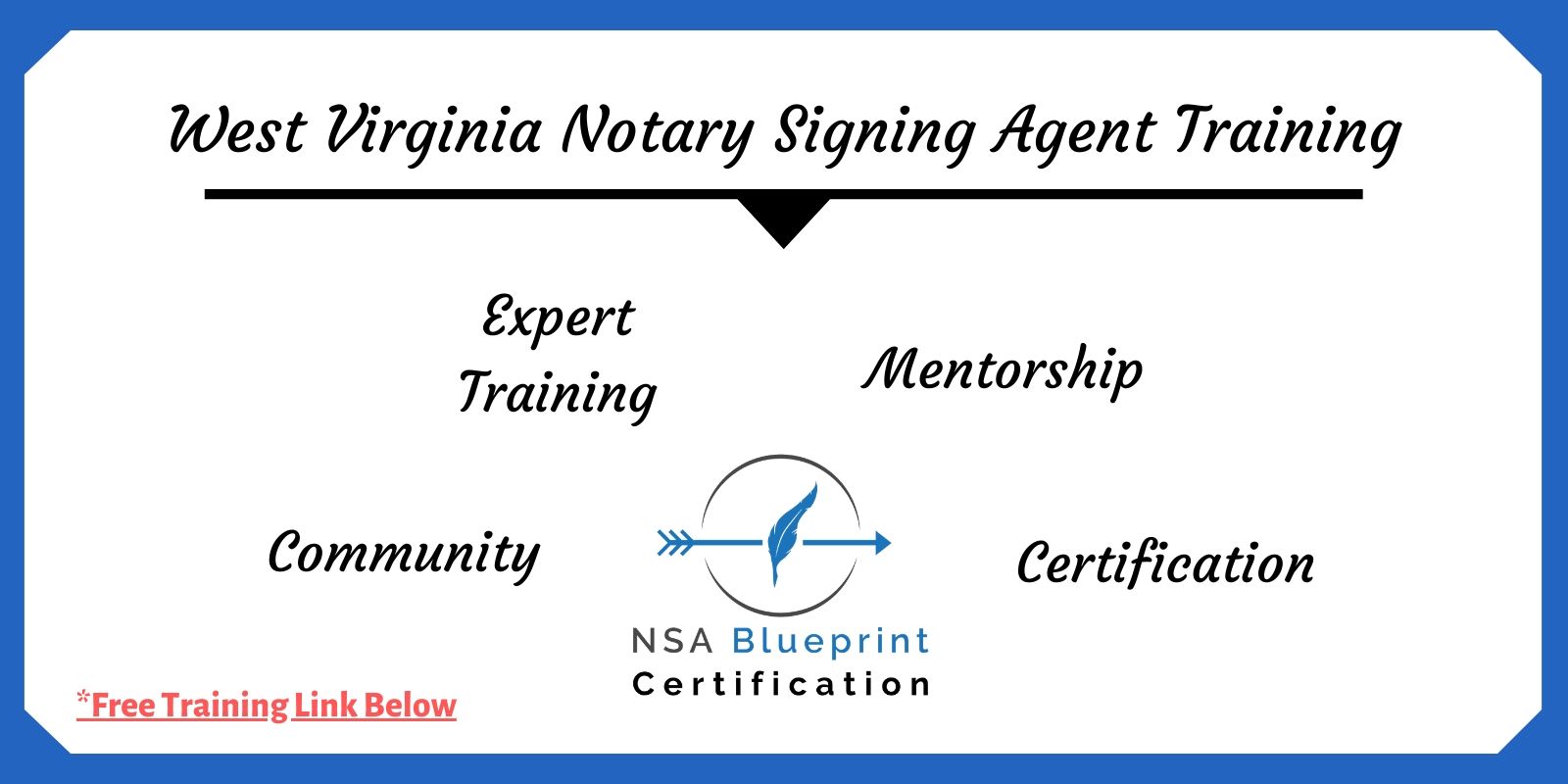


The best way to make sure that you have created a will that is valid under West Virginia law is to work with a West Virginia probate lawyer.
DOES A WILL HAVE TO BE NOTARIZED IN VIRGINIA CODE
WV Code § 41-5-15.Ī self-proving will can be admitted to probate in West Virginia without the testimony of the witnesses. This is particularly the case when a person brings a document to a notary public to be notarized, thinking that the notarization will in some way 'legalize' the document or make it 'official. However, a will can be made self-proving, which requires the signing of an affidavit stating such facts as would be required in court to establish and prove the will. Most adults will have to get something notarized at some point in their lives The publics perception of what a notary does and what notarization accomplishes is often incorrect. No, a will does not have to be notarized in order to be valid under West Virginia law. Does a West Virginia Will Have To Be Notarized? To see the rules regarding the competency of witnesses to a will under West Virginia law, see WV Code, Chapter 41, Article 2. Signature: The will must be signed by the testator or by someone else in the testator’s name in his conscious presence, by his direction. Capacity: The testator must be of sound mind. The witnesses must be present at the same time, and must sign the will in the presence of the testator and of each other. The basic requirements for a New Mexico last will and testament include the following: Age: The testator must be at least 18 years old. To be properly witnessed the testator must sign the will, or acknowledge the will, in the presence of at least two competent witnesses. Unless the will is entirely in the handwriting of the testator, the will must be properly witnessed in order to be recognized as valid under West Virginia law. A West Virginia Will Must Be Properly Witnessed However, if the testator is physically unable to sign the will, West Virginia law recognizes a will signed by someone else in the testator’s presence and by his direction as a valid document. It is generally preferred that a testator sign the will himself. Under West Virginia law, a will is required to be signed by the testator OR by some other person in the testator’s presence and by his direction, in such manner as to make it manifest that the name is intended as a signature. The threshold for testamentary capacity in West Virginia is lower than the capacity required to make a deed or enter into a contract. Know the way the testator wishes to distribute the property.Know the objects of the testator’s bounty.Have a recollection of the testator’s property of which the testator intends to dispose.Understand the nature of the testator’s business (what they are doing).To be of sound mind to make a valid will under West Virginia law, a testator must: The will can dispose of any estate to which the testator would be entitled at his death. Who Can Make a Valid Will In West Virginia?Īny person of sound mind and eighteen years or older is capable of making a valid will under West Virginia law. The requirements to make a valid West Virginia will are found at WV Code § 41-1-3. Properly attested and subscribed by two witnesses.A valid will under West Virginia law must be:


 0 kommentar(er)
0 kommentar(er)
